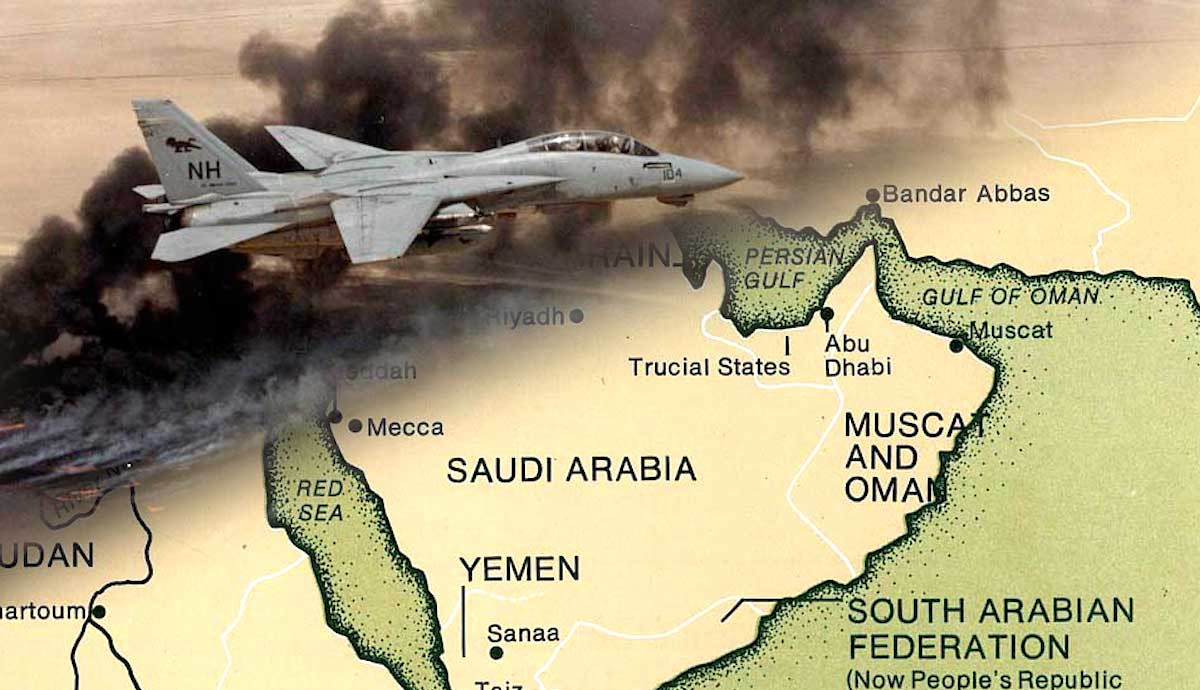Trump's Bold Move: Rebranding the Gulf of Mexico
President-elect Donald Trump, during a press conference on Tuesday, made a surprising announcement: he intends to rename the Gulf of Mexico the "Gulf of America." This unexpected declaration, delivered amidst discussions about other significant matters – including the potential annexation of Greenland and Panama – has sparked immediate controversy and raised numerous questions.
Trump's rationale, as stated during the press conference, is that the United States carries out the majority of work in the Gulf and, therefore, deserves the naming rights. "We’re going to be changing the name of the Gulf of Mexico to the Gulf of America, which has a beautiful ring," he declared. He emphasized the appropriateness of the name, reiterating that it is, in his opinion, quite fitting. The announcement was brief, lacking detail on implementation or the process for making such a significant change.
The History of the Gulf's Name
The current name, "Gulf of Mexico," has historical roots stretching back to the Spanish conquistadors who colonized the region in the early 1500s. Initially known as the Golfo de Nueva Espana or the Golfo de Mexico, it remained under Spanish control for over 150 years before French explorers settled Louisiana. The current U.S. coastline emerged much later, shaped by the Louisiana Purchase in 1803, the acquisition of Florida from Spain in 1819, and Texas's independence from Mexico in 1836. This historical context contrasts sharply with Trump’s claim of American dominance, which is largely based on current economic and military presence.
A Shared Resource
The Gulf of Mexico is not solely a U.S. domain. Today, the U.S. exclusive economic zone covers approximately 44 percent of the gulf's surface, with U.S. states accounting for nearly half of its coastline. However, Mexico's presence is significant; both countries boast similar offshore oil production figures due to the abundant resources off the coasts of Texas and Louisiana, and Mexico's superlarge fields in the Bay of Campeche. The suggestion that the U.S. “does most of the work there” ignores this complex shared reality. Therefore, the claim of sole American ownership is a highly contentious assertion.
Legal and International Implications
The question of whether Trump possesses the authority to unilaterally rename the Gulf of Mexico for U.S. usage is unclear. The naming of geographical features within the United States is governed by the U.S. Board of Geographic Names, a division of the U.S. Geological Survey. This board typically discourages name changes without compelling reasons, indicating that this decision may not happen easily. Though any person or group can propose a name change, acceptance by the board is not guaranteed, especially when international implications are significant. Representative Marjorie Taylor Greene's announcement to introduce legislation supporting the name change suggests that this isn't simply a presidential whim, but rather a politically orchestrated effort.
International Relations and Precedent
The potential ramifications extend beyond U.S. borders. If the United States unilaterally changes its official references to "Gulf of America," other nations are under no obligation to follow suit. This action could potentially strain international relations, particularly with Mexico, which has a nearly equal claim on the Gulf of Mexico's coastline. There are historical precedents for name changes – President Obama renamed Mount McKinley to Denali – but those lack the international dimension of a waterway shared by multiple nations.
Moreover, the International Hydrographic Organization, which both the U.S. and Mexico are members of, works to ensure consistent charting of the world's major bodies of water. The organization's role in addressing this dispute must be accounted for when considering the long term ramifications. Disagreements over naming conventions for water bodies are not unprecedented. The Sea of Japan/East Sea debate and the persistent discussion surrounding the Persian Gulf/Arabian Gulf illustrates the complexity of such matters. These historical conflicts highlight the political sensitivity involved in altering established geographical designations.
A Controversial Proposal with Deep Implications
Trump's proposal to rename the Gulf of Mexico is not just a matter of semantics; it is a statement with far-reaching consequences. This move might be seen as an assertion of unilateral American dominance over a shared resource and a disregard for the historical and current realities of this valuable body of water. The potential implications for international relations and the established processes for naming geographical features deserve thorough analysis and careful consideration. The lack of specific details in Trump’s announcement heightens the uncertainty surrounding its true intentions and the methods he may employ to achieve this controversial goal.
Rep. Marjorie Taylor Greene's support further emphasizes the political weight behind this unexpected proposal. The debate has already begun on whether such a substantial alteration can truly be accomplished, given the long-standing conventions and international collaborations surrounding the naming of geographical features. The long-term effects, both domestically and internationally, will undoubtedly unfold in the days, weeks, and months to come.
The future of the Gulf of Mexico’s name, and the larger political message it represents, remains to be seen. The question now becomes not just how this controversial change will happen, but whether it will happen at all.

















